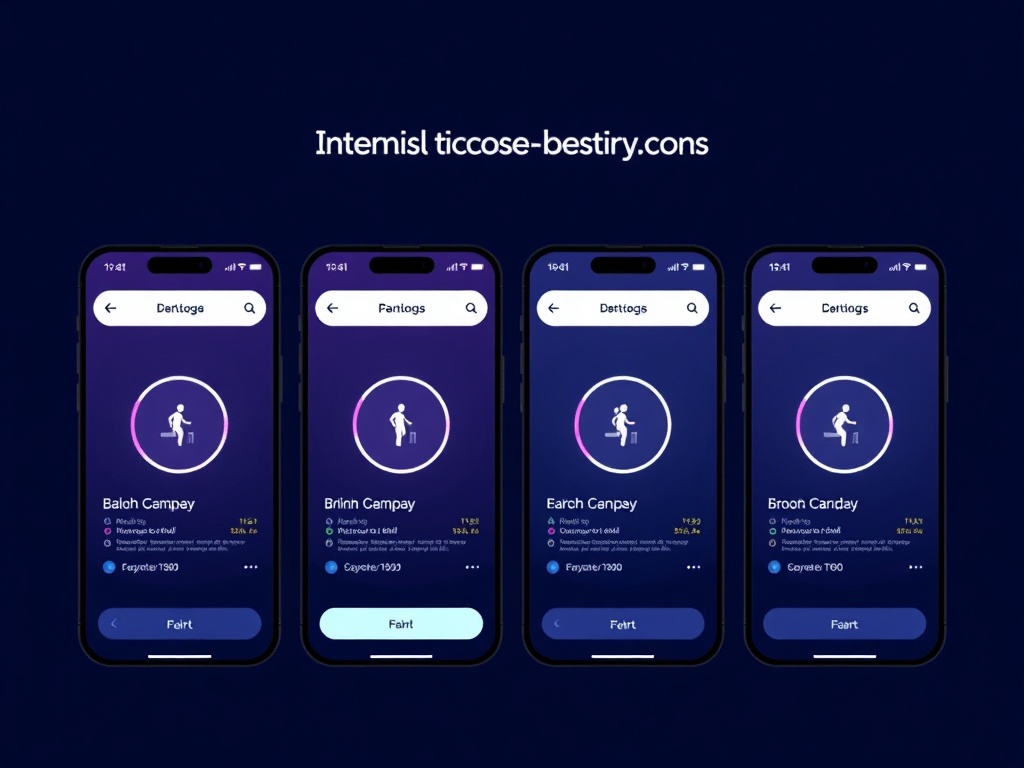AI Apps for Security and Privacy: Enhancing Digital Protection
In today’s digital age, security and privacy have become major concerns for individuals, businesses, and governments alike. The increasing use of online services, connected devices, and social media has created a vast playground for cyber threats, data breaches, and unwanted surveillance. Artificial Intelligence (AI) apps have emerged as a powerful tool to combat these risks, providing advanced security measures and robust privacy protection. In this article, we’ll delve into the world of AI-powered security and privacy apps, exploring their features, benefits, and limitations.
What are AI Apps for Security and Privacy?
AI apps for security and privacy utilize machine learning algorithms to analyze vast amounts of data, identify potential threats, and predict future attacks. These apps can be used on various devices, including smartphones, laptops, and smart home systems. They work by:
- Analyzing patterns: Identifying suspicious behavior and anomalies in user activity.
- Predicting risks: Anticipating potential security breaches based on historical data and current trends.
- Detecting threats: Automatically blocking or quarantining malware, viruses, and other malicious software.
Top AI Apps for Security and Privacy
Here are some leading AI-powered security and privacy apps:
1. Kaspersky Internet Security
This comprehensive app provides advanced threat detection, real-time protection, and password management.
- Features: Anti-virus, anti-malware, firewall, and online backup.
- Price: Starting at $29.99 per year for a single device.
2. Norton LifeLock Ultimate
This AI-powered app offers top-notch security features, including password management and dark web monitoring.
- Features: Anti-virus, anti-malware, firewall, online backup, and password manager.
- Price: Starting at $99.98 per year for up to 5 devices.
3. Bitdefender Total Security
This award-winning app provides robust security features, including advanced threat detection and online protection.
- Features: Anti-virus, anti-malware, firewall, online backup, and password manager.
- Price: Starting at $29.95 per year for a single device.
4. LastPass Premium
This AI-powered app offers top-notch password management features, including automatic password generation and secure sharing.
- Features: Password manager, password generator, and secure sharing.
- Price: Starting at $3 per month or $36 per year.
Benefits of AI Apps for Security and Privacy
Using AI apps for security and privacy offers numerous benefits:
1. Enhanced protection
AI-powered apps can detect and prevent cyber threats more effectively than traditional security software.
2. Improved efficiency
These apps automate many tasks, freeing up time for more important activities.
3. Increased convenience
AI apps often integrate with other services, providing a seamless user experience.
Limitations of AI Apps for Security and Privacy
While AI apps offer numerous benefits, they also have some limitations:
1. Dependence on data quality
The effectiveness of these apps relies heavily on the accuracy and completeness of the data used to train them.
2. Potential for bias
AI-powered apps can perpetuate existing biases if the data used to train them is biased or incomplete.
3. Need for human oversight
These apps should be used in conjunction with human judgment, as they are not a replacement for traditional security measures.
Conclusion
In conclusion, AI apps for security and privacy have become an essential tool in today’s digital landscape. By utilizing machine learning algorithms to analyze vast amounts of data, these apps can provide advanced protection against cyber threats and unwanted surveillance. While they offer numerous benefits, including enhanced protection, improved efficiency, and increased convenience, they also have some limitations, such as dependence on data quality, potential for bias, and need for human oversight.
When choosing an AI app for security and privacy, consider your specific needs and the features offered by each app. Always remember to use these apps in conjunction with traditional security measures and to maintain a healthy dose of skepticism when it comes to any new technology.



